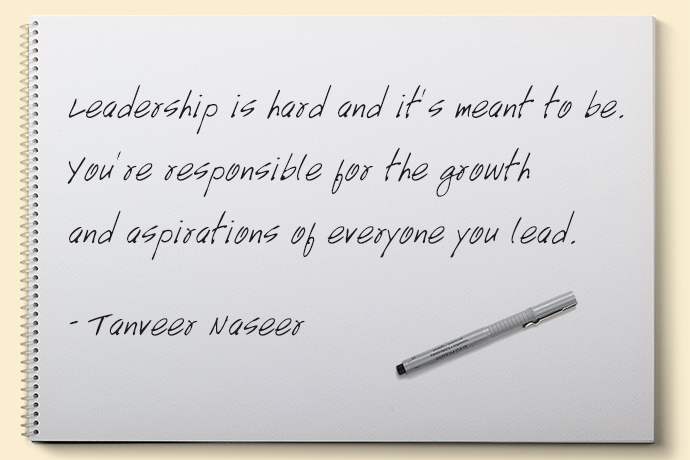One of the harshest realities leaders need to come to terms with is how they no longer just play a significant role in their employees’ growth and success, but how much influence they have on the mental health and well-being of those they lead.
But this is why it’s so important for leaders to understand themselves – why do they want to be a leader, what’s their purpose, what’s their emotional state and how it impacts/influences others.
In the past, we’d refer to these as being “soft skills”, a term which is clearly meant to diminish or downplay their significance towards your ability to succeed at leadership.
But as AI continues to loom large in the near horizon, it’s these very skills that will become critical to our career growth and ability to succeed. And this is especially true for leadership where the function will focus less and less on managing processes, and more and more on leading people.
I’ve told leaders who attend my keynotes/workshops leadership is hard and it’s meant to be – you’re responsible for guiding the development, growth, and aspirations of everyone you lead.
And when you ignore that truth, the mental well-being of your employees will take a hit because they lack a sense of meaning behind why they do what they do, while under unending pressure to perform.
That’s why we have to demand more from every single person who chooses to lead – it’s not about you; it’s about fulfilling your obligation to those under your care.
Anything less is a failure to lead.

